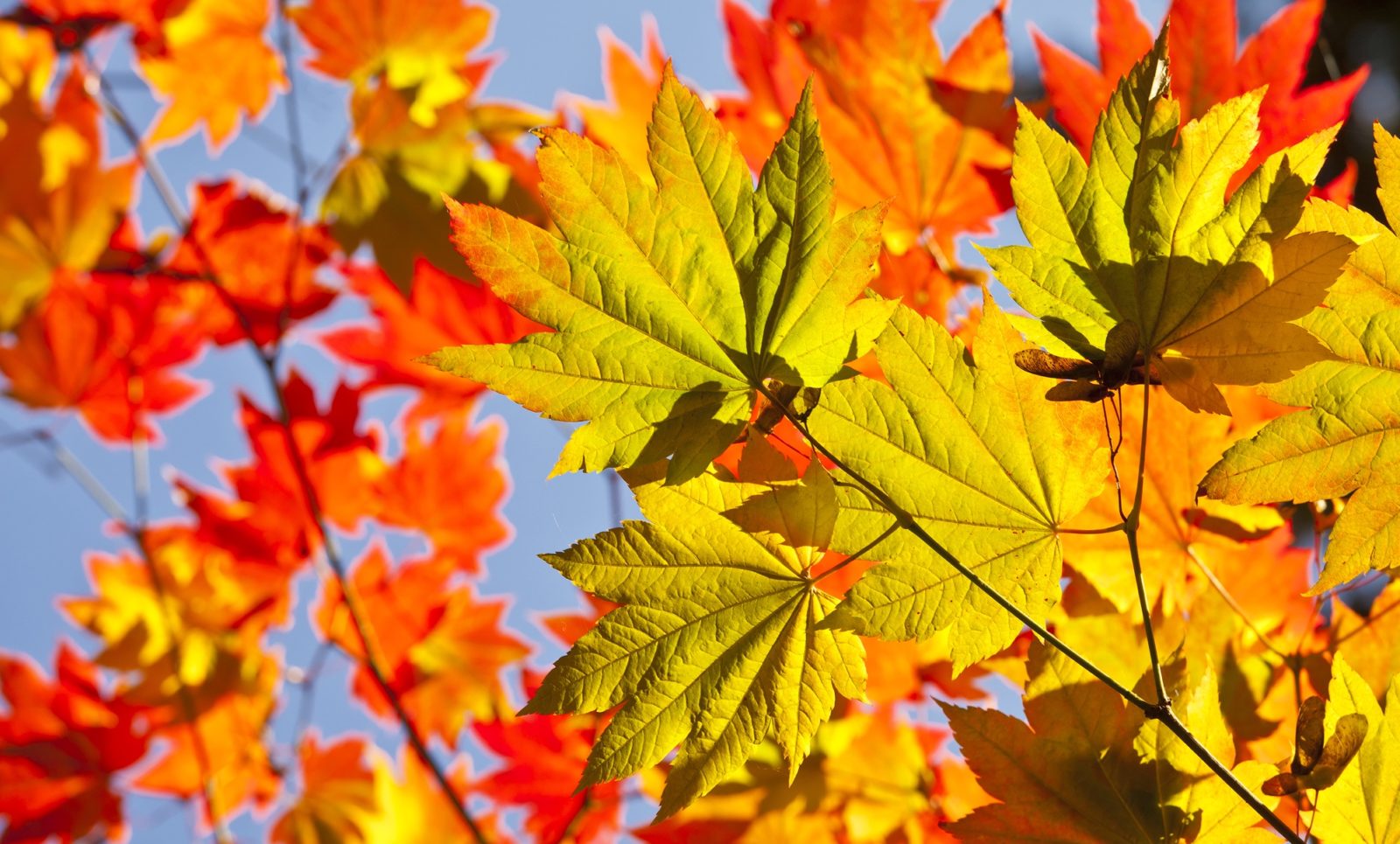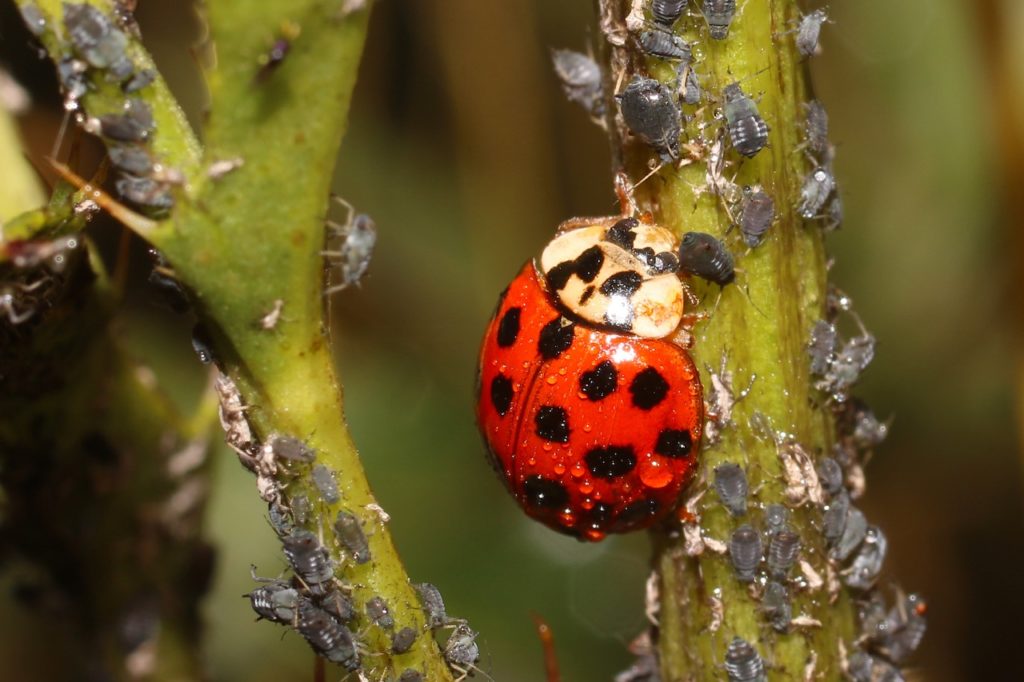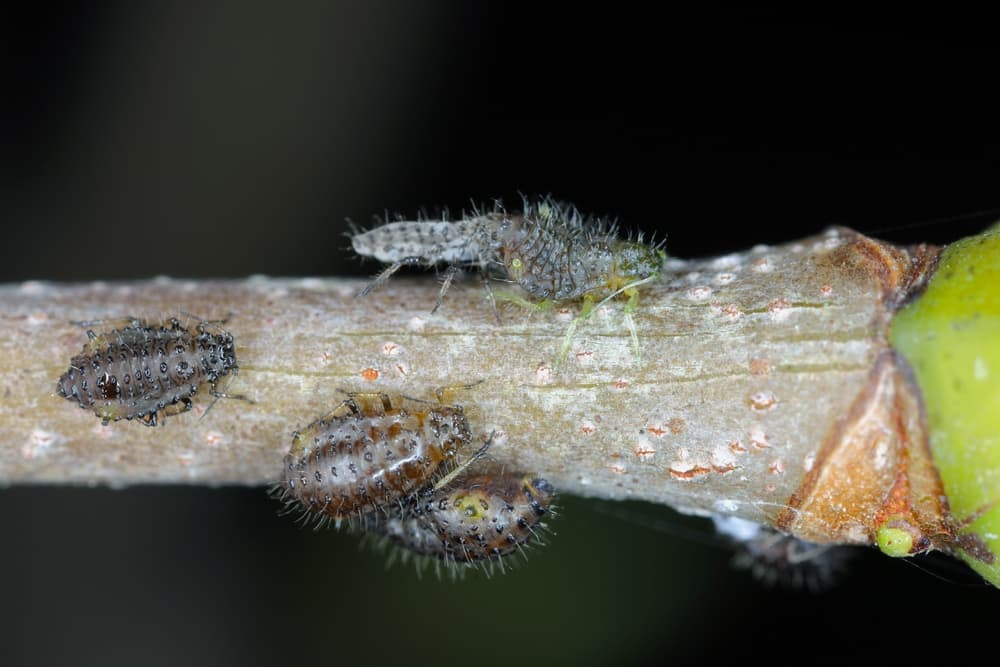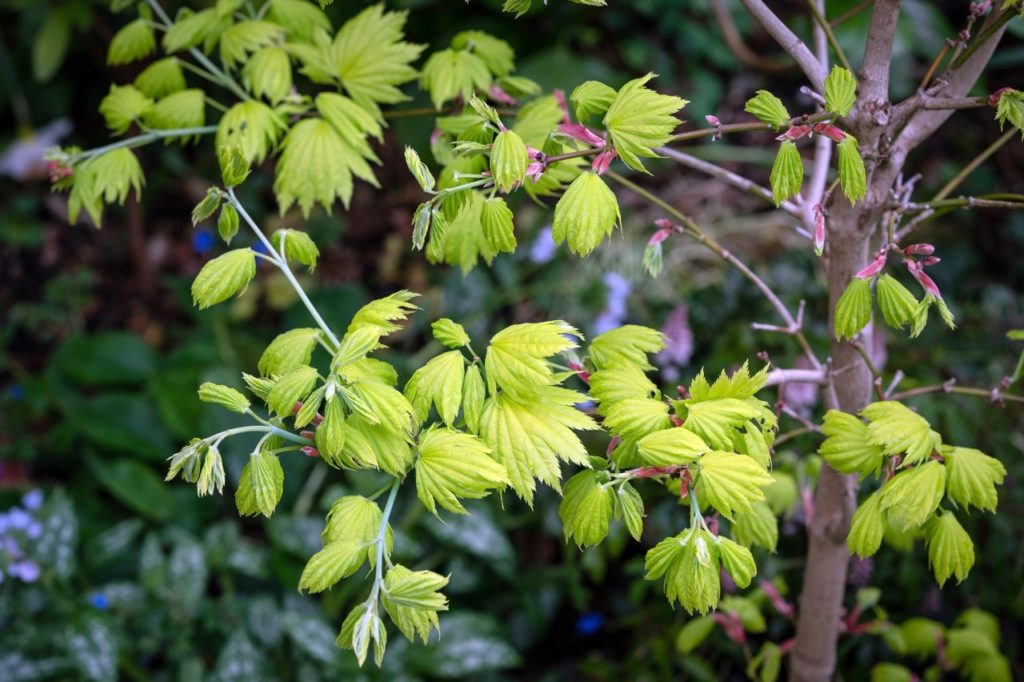Tackling Aphids On An Acer Tree – Why Organic Solutions Are Always The Best


Elizabeth is a Permaculture Garden Designer, Sustainability Consultant and Professional Writer, working as an advocate for positive change. She graduated from the University of St. Andrews with an MA in English and Philosophy and obtained a Diploma in Applied Permaculture Design from the Permaculture Association.
Reviewed By DAN ORI

Dan has over 27 years’ under his belt caring for plants and gardens. Working as a Horticultural Instructor and Consultant, he draws on a diverse range of experience that includes working as a Head Gardener, Tree Surgeon, Garden Centre Trouble Shooter, and writer of academic papers. Dan has a Level 3 Diploma in Horticulture and is currently a candidate for the RHS’s most prestigious award – The Master of Horticulture.
Contributions From AGUSTIN COELLO-VERA

Agustin is the Chairman of The Maple Society, a society founded in the UK in 1990 that has now turned into an international community. Agustin has 30 years of experience growing maples, with about 700 taxons planted in his forest garden. He frequently shares his knowledge with other garden societies and on gardening podcasts.
IN THIS GUIDE
Acers, when grown in the right spots, are typically trouble-free trees to grow.
However, on occasion, small pest problems can arise.
One pest species that you may spot on your Acers is aphids.
Are Aphids A Problem For Acers?
Aphids are small sap-sucking insects that usually will not be a major issue for Acers.
Even if you do see some aphids on your Acer, they will not usually become a big problem, nor dramatically affect the growth or health of the plant.

However, they are attracted to these trees and, if you have a major infestation, this can lead to poor or distorted growth.
Growing on the honeydew that aphids excrete, you may also begin to see sooty moulds developing.
Pest Management In An Organic Garden
One thing that it is important to remember in any organic garden is that we need some pests.
Aphids, like many other pest species, are important elements in the food chain and are eaten by a range of different wildlife in your space.

Without aphids, other beneficial wildlife would suffer and biodiversity in your garden will be lower, which can cause a range of knock-on problems.
If you try to eradicate aphids entirely by using pesticides, you can end up with an environment depleted of their natural predators, which is when the aphid population can get out of control.
How To Deal With Aphid Infestations
To tackle aphids that are present on your Acers, one of the best things to do is to think about how you can make sure your garden is as rich in wildlife as possible.
Planting companion plants which attract aphid predators like ladybirds, lacewings and hoverflies around an Acer is the most important step to make sure aphids don’t get out of control.

Coriander, yarrow, cosmos and nasturtium are all said to help attract ladybirds naturally.
Less Is More
If you can, it is best to tolerate aphids on trees like Acers.
If your garden has a healthy ecosystem, by late summer, predators should have restored natural balance and kept their numbers in check.
Less is often more when it comes to controlling aphids in an organic garden.

However, if there are excessive numbers of aphids before natural predation comes into play, you can simply squash these by hand or use a hose to knock them off the Acer that they are damaging.
“Aphids are usually a minor problem with Acers,” says Agustin Coello-Vera, the Chairman of The Maple Society.
“If needed, you can often control aphids by wiping or spraying the leaves of the plant with a mild solution of water and a few drops of dish soap.”
This is a technique mirrored by RHS Master Horticulturist Dan Ori:
“Spraying the aphids directly with a solution of non-biological dish soap should block the breathing pores on the backs of the aphids.
“The concentration I use is a sixth of a teaspoon of standard concentration non-biological washing-up liquid to 500ml of water; I apply this early in the morning or evening and I would normally rinse off with water after a few hours if the plant is not in direct sunlight, you may need to repeat this over multiple days to bring aphid levels down to a tolerable level.”
See this video for a demonstration of the process from Dan himself:
Just remember, you should then take steps to prevent a reoccurrence by attracting beneficial predatory insects and other wildlife to your garden.
